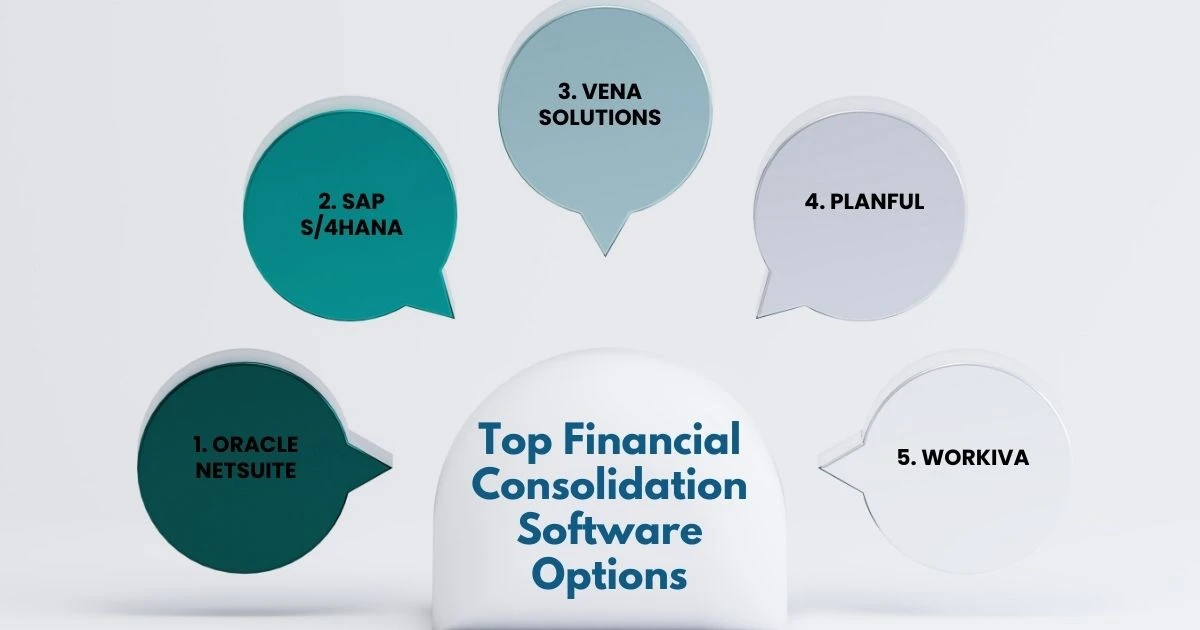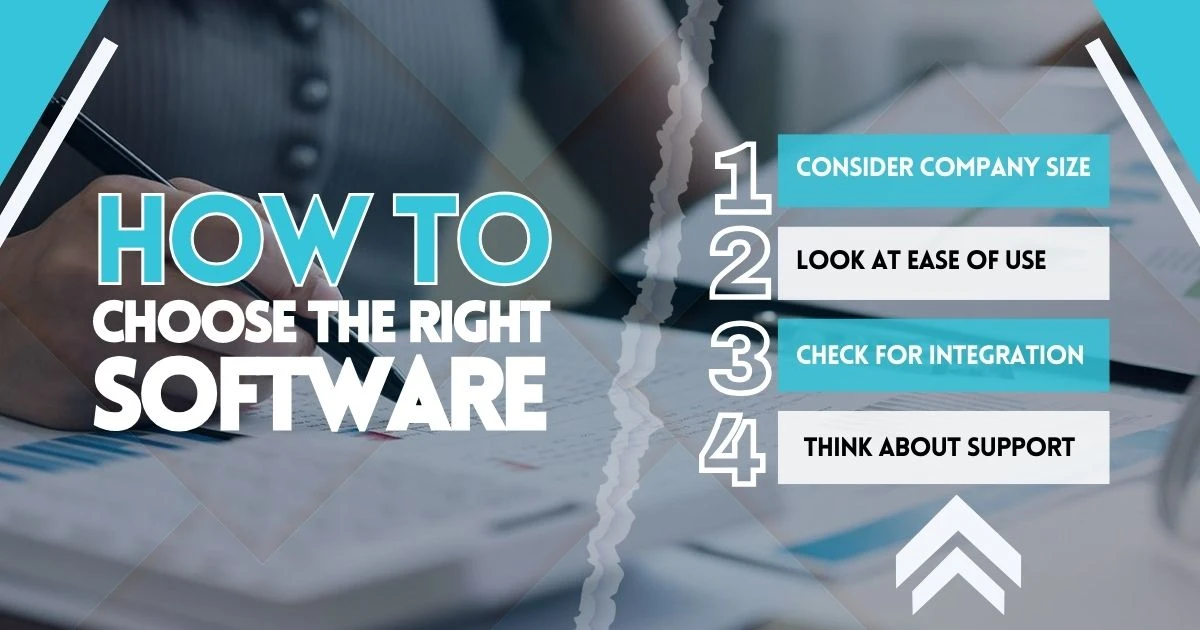Handling company finances is no small task—especially when there are multiple departments, offices, or business units involved. Without the right tools, managing financial data from different parts of the organization can quickly become confusing and time-consuming.
That’s where financial consolidation software plays an important role. These systems don’t just gather numbers—they bring everything together into one accurate and easy-to-understand report.
They help leaders see the full picture, stay on top of rules and reporting standards, and make smarter decisions for the future.
But with so many options out there, which software truly delivers? Which one is right for your business?
What Is Financial Consolidation Software?
Financial consolidation software helps businesses combine financial statements and reports from different parts of the company. This process is often used in companies with many divisions or international offices. The goal is to create one complete and accurate financial report.
Features to Expect
- Automatic data collection from different systems
- Consolidated financial reports
- Support for multiple currencies and accounting rules
- Error checking and audit trails
Why Use Financial Consolidation Software?
Using this type of software saves time, reduces errors, and improves accuracy in financial reporting. It also helps businesses follow accounting rules and government laws more easily.
Benefits for Businesses
- Speeds up the closing process
- Reduces manual work
- Ensures reports are consistent and accurate
- Makes it easier to make smart business decisions
Top Financial Consolidation Software Options

Below are some of the most trusted financial consolidation software tools available today. Each offers unique features to fit different business needs.
1. Oracle NetSuite
Oracle NetSuite is a cloud-based platform designed to help companies manage their finances, inventory, and various business operations efficiently. It offers robust features for financial consolidation, making it a strong choice for medium to large businesses.
capabilities include real-time financial reporting, support for multiple countries and currencies, and built-in tools to ensure compliance with accounting standards. These features make NetSuite a reliable solution for organizations with complex financial structures.
2. SAP S/4HANA
SAP S/4HANA is a powerful and flexible financial management solution well-suited for large enterprises with complex financial operations. It enables finance teams to consolidate data more quickly and with greater accuracy, helping improve overall reporting efficiency.
The software offers advanced automation tools, supports fast financial close processes, and integrates seamlessly with other SAP systems, making it a strong choice for companies seeking a comprehensive consolidation solution.
3. Vena Solutions
Vena is a user-friendly financial consolidation platform that integrates seamlessly with Excel, providing a familiar environment for finance teams. It is especially suitable for mid-sized businesses that want the advantages of automation without having to give up the tools they already know.
Vena offers an Excel-based interface, automated workflows, and secure cloud access for storing and managing financial data effectively.
4. Planful
Planful is a comprehensive platform designed to help finance teams manage planning, reporting, and data analysis within a single system. It is particularly well-suited for growing companies that need a reliable and scalable solution.
The software provides fast and accurate financial consolidation, supported by real-time data synchronization, strong audit trails, and user-friendly dashboards. These features also make it a valuable tool for effective budgeting and strategic planning.
5. Workiva
Workiva is a financial management platform focused on accurate reporting and regulatory compliance. It is designed to help teams collaborate efficiently on financial reports within a secure and well-structured environment, making the consolidation process smoother and more organized.
Ideal for companies with strict reporting requirements, Workiva offers collaboration tools, version control features, and is widely trusted by public companies for its reliability and transparency.
How to Choose the Right Software

Choosing the right software can save time, reduce costs, and streamline your workflow. With so many options available, it’s important to focus on your specific needs, budget, and long-term goals.
- Consider Company Size – Smaller companies may want simple tools, while larger ones may need software that can handle complex data.
- Look at Ease of Use – Choose a tool your team can learn quickly. This saves time and avoids mistakes.
- Check for Integration – Make sure the software can connect with your existing accounting or ERP systems.
- Think About Support – Good customer service and training options can make a big difference in getting the most out of the software.
The Real Value of Financial Clarity
Numbers don’t just add up—they tell the story of a business. And when those numbers come from scattered systems and disconnected teams, the story can become unclear or even misleading. That’s where financial consolidation software steps in—not just to organize spreadsheets, but to shape how leaders understand their companies.
Every decision, from setting budgets to guiding future growth, depends on the accuracy of financial data. A small error can lead to a big misstep. A delayed report can slow down progress. Yet as businesses grow, so do the risks—and so does the need for tools that bring clarity, structure, and control.
So the question isn’t whether your company should invest in consolidation software. The real question is: how long can any business afford to make decisions in the dark?
FAQs
What is the role of financial reporting in a business?
Financial reporting helps track a company’s performance and ensures transparency in presenting financial data.
Why are consolidated financial reports important?
They combine financial data from multiple departments or units into one accurate report for clearer decision-making.
How does a financial management platform improve reporting efficiency?
It automates tasks and centralizes data, reducing errors and saving time in the reporting process.
What makes a report an accurate financial report?
An accurate report reflects real-time, complete, and error-free financial data that aligns with accounting standards.
